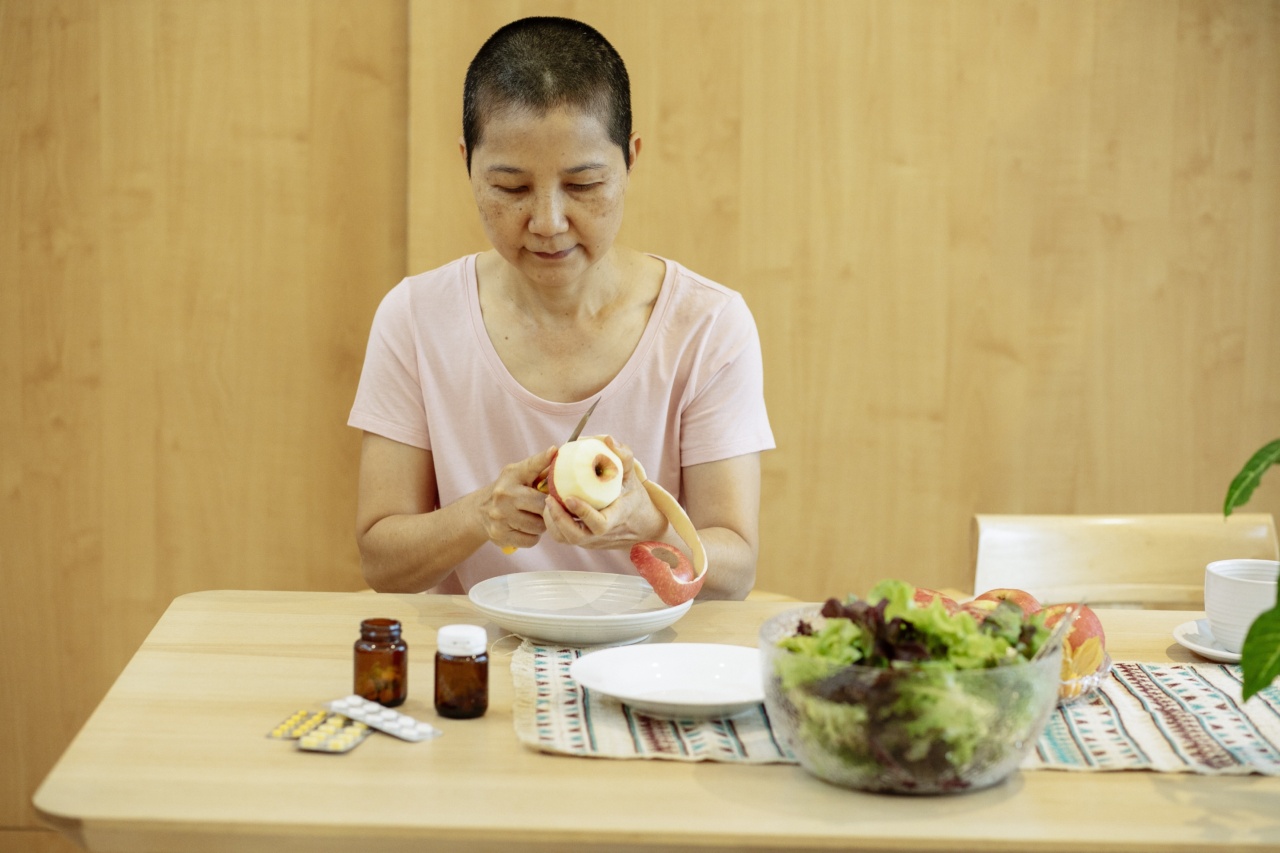Cancer is a formidable disease that affects millions of people worldwide. It is characterized by the uncontrollable growth of abnormal cells, which can invade and damage surrounding tissues.
Cancer can manifest in various forms, including breast cancer, lung cancer, prostate cancer, and many others. The battle against cancer is a multifaceted one, involving medical treatments, emotional support, and lifestyle changes.
While nutrition cannot cure cancer on its own, research has shown that it plays a crucial role in supporting the body’s fight against this disease.
The Role of Nutrition in Cancer Prevention
Proper nutrition is vital for maintaining overall health and well-being. When it comes to cancer prevention, consuming a balanced diet rich in cancer-fighting foods can make a significant difference.
Certain nutrients and compounds found in certain foods have been associated with a reduced risk of developing cancer.
Cancer-Fighting Foods
1. Cruciferous Vegetables.
Cruciferous vegetables such as broccoli, cauliflower, kale, and Brussels sprouts are packed with powerful antioxidants and phytochemicals, including sulforaphane.
These compounds have been shown to inhibit the growth of cancer cells and reduce inflammation.
2. Berries.
Blueberries, strawberries, raspberries, and other berries contain high levels of antioxidants called anthocyanins. These antioxidants help protect cells from damage caused by free radicals and may help prevent certain types of cancer.
3. Garlic.
Garlic is not only a delicious addition to meals but also possesses cancer-fighting properties.
It contains several sulfur compounds that have been shown to impede the growth of cancer cells and reduce the risk of developing various cancers, including stomach and colorectal cancer.
4. Green Tea.
Green tea is rich in polyphenols, particularly epigallocatechin gallate (EGCG), which has been shown to possess anti-cancer properties.
Regular consumption of green tea has been associated with a lower risk of several types of cancer, such as breast, colorectal, and prostate cancer.
5. Turmeric.
Turmeric, a bright yellow spice commonly used in curry dishes, contains a compound called curcumin. Curcumin has potent anti-inflammatory and antioxidant properties, which can help fight cancer development and progression.
6. Tomatoes.
Tomatoes contain a powerful antioxidant called lycopene, which is responsible for their vibrant red color. Studies have suggested that lycopene can help reduce the risk of prostate, lung, and stomach cancers.
7. Nuts and Seeds.
Walnuts, almonds, chia seeds, and flaxseeds are examples of nuts and seeds that are rich in omega-3 fatty acids. These healthy fats have been associated with a lower risk of certain cancers, including breast, colon, and prostate cancer.
8. Whole Grains.
Whole grains, such as brown rice, whole wheat, and quinoa, are excellent sources of fiber, vitamins, minerals, and antioxidants.
Consuming whole grains regularly has been linked to a reduced risk of developing various cancers, including colorectal and pancreatic cancer.
9. Beans and Legumes.
Beans and legumes are packed with fiber, protein, and antioxidants. They have been shown to have protective effects against certain types of cancer, including colorectal cancer.
10. Fatty Fish.
Fatty fish like salmon, mackerel, and sardines are rich in omega-3 fatty acids, which have been associated with a reduced risk of several types of cancer, including breast, colorectal, and prostate cancer.
Dietary Recommendations for Cancer Prevention and Management
While specific foods can be beneficial in the fight against cancer, it is essential to adopt a comprehensive approach to nutrition. The following dietary recommendations can help support cancer prevention and management:.
1. Consume a Varied Diet
Eating a variety of foods ensures that you receive an array of nutrients necessary for optimal health. Include a wide range of fruits, vegetables, whole grains, lean proteins, and healthy fats in your diet.
2. Maintain a Healthy Weight
Obesity is linked to an increased risk of various cancers, including breast, colon, and prostate cancer. Maintain a healthy weight through a balanced diet and regular physical activity.
3. Limit Processed Foods and Sugars
Processed foods and excessive sugar intake have been associated with an increased risk of cancer. Opt for whole, unprocessed foods whenever possible, and limit your consumption of sugary treats and beverages.
4. Moderation is Key
While certain foods have cancer-fighting properties, it is important to practice moderation. Overconsumption of any single food may lead to imbalances in your overall diet.
5. Stay Hydrated
Proper hydration is essential for overall health. Drink plenty of water throughout the day and reduce your consumption of sugary drinks.
6. Limit Alcohol Consumption
Excessive alcohol consumption has been linked to an increased risk of several types of cancer, including liver, colorectal, and breast cancer. Limit your alcohol intake or avoid it altogether.
The Importance of a Healthy Lifestyle
In addition to proper nutrition, maintaining a healthy lifestyle is crucial in the fight against cancer.
Incorporate regular physical activity into your routine, manage stress levels, prioritize sufficient sleep, and avoid smoking or exposure to secondhand smoke.
Conclusion
While nutrition cannot cure cancer, adopting a diet rich in cancer-fighting foods and following dietary recommendations can help support overall health and reduce the risk of developing certain types of cancer.
A well-balanced diet, combined with a healthy lifestyle, plays a significant role in promoting well-being and offering support in the battle against cancer.






























